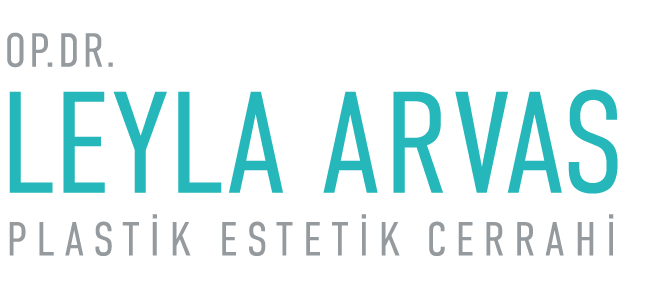Collagen is a vital structural protein found in our bodies that plays a crucial role in maintaining the health of our skin, hair, nails, joints, and overall well-being. This structural protein is responsible for providing elasticity, strength, and support to various tissues, making it a fundamental component of our health. In this article, we will explore the various aspects of collagen, its numerous benefits, and how it impacts our health and appearance.
What is Collagen?
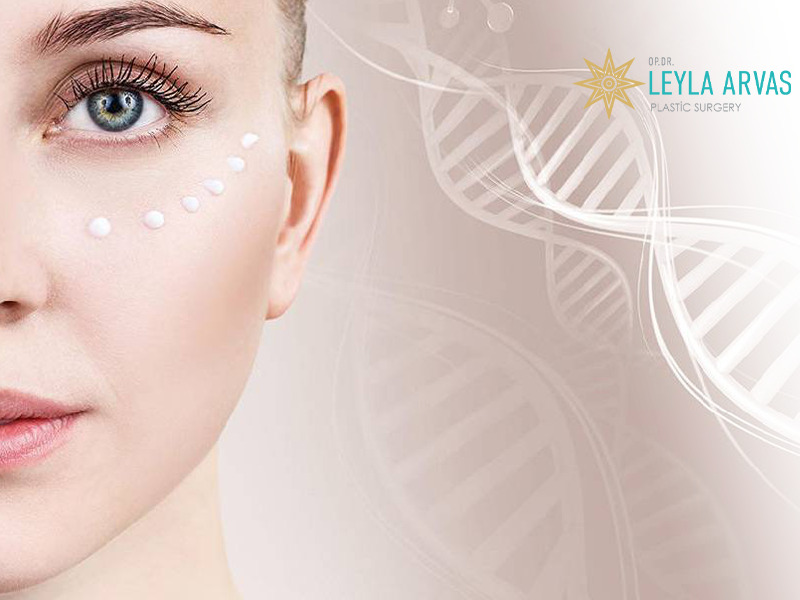
Collagen is the most abundant protein in our bodies, constituting approximately 30% of the total protein content. It primarily consists of three amino acids, namely glycine, proline, and hydroxyproline, which form a triple helical structure.
Collagen is found in the skin, bones, muscles, tendons, and ligaments. It acts as a “glue” between tissues, providing support, strength, and flexibility to the body’s structures while holding them together.
There are at least 16 different types of collagen present in the human body, with types I, II, and III being the most common. They represent approximately 80-90% of the total collagen content. Each type of collagen has unique characteristics and functions, making them essential for various aspects of our health and physical appearance.
Types of Collagen
- Type I Collagen ; Type I collagen is the most abundant type found in our bodies and is primarily present in the skin, tendons, bones, and teeth. It is responsible for providing strength and structural integrity to these tissues, as well as increasing skin elasticity and reducing the appearance of wrinkles. Collagen derived from marine sources is particularly rich in type I collagen and is an excellent choice for those looking to improve skin health.
- Type II Collagen; Type II collagen is mainly found in cartilage, which acts as a cushion between joints and supports the structure of our ears, nose, and airways. It is necessary to maintain joint health and prevent wear and tear associated with aging and physical activity. Bone broth is a rich source of type II collagen and is an excellent option for those seeking to support joint health.
- Type III Collagen; Type III collagen is found in high amounts in our intestines, blood vessels, and uterus. It is often used in conjunction with type I collagen to improve gut health, skin elasticity, and hydration. Bovine collagen peptides are an excellent source for both type I and type III collagen.
Benefits of Collagen: How Does It Impact Our Health and Appearance?
Collagen offers a wide range of benefits to our bodies, from improving skin health to enhancing joint function. Let’s explore some of the key benefits of collagen and how it can contribute to our overall well-being.
Collagen for Skin Health: Reduces Wrinkles and Increases Elasticity
Collagen is a crucial component of our skin, providing the structure and elasticity needed for a youthful, radiant appearance. As we age, our bodies naturally produce less collagen, resulting in decreased skin elasticity and the formation of wrinkles and fine lines. By supplementing with collagen, we can help replenish the lost collagen and improve the overall appearance of our skin.
Various studies have demonstrated the effectiveness of collagen supplementation in improving skin elasticity and reducing the appearance of wrinkles. One study found that women who consumed 2.5 or 5 grams of collagen per day for eight weeks experienced significant improvements in skin elasticity compared to those who did not take collagen. Another study showed that women who consumed 1 gram of collagen daily for 12 weeks experienced a 76% reduction in skin dryness, a 12% reduction in wrinkles, improved blood flow to the skin, and a 6% increase in collagen content.
Collagen for Joint Health: Reduces Pain and Inflammation
Collagen plays a vital role in the health and function of our joints, providing the necessary cushioning and support for smooth, pain-free movement. As we age, our bodies produce less collagen, leading to the deterioration of joint cartilage and resulting in joint pain, inflammation, and decreased mobility.
Collagen supplementation can help alleviate these issues by providing the building blocks necessary for the repair and maintenance of joint cartilage. A study demonstrated that participants who consumed 40 mg of non-native type II collagen per day for six months experienced a significant reduction in joint pain and inflammation. Another study showed that individuals who consumed 2 grams of hydrolyzed type II collagen daily for ten weeks experienced notable improvements in their joint health.
Collagen for Gut Health: Repairs Leaky Gut Syndrome
Collagen plays a crucial role in gut health and integrity by providing the necessary support and structure to prevent the passage of toxins and harmful substances. Leaky gut syndrome, characterized by increased intestinal permeability, has been associated with various health issues, including autoimmune disorders, inflammatory bowel disease, and food sensitivities.
By supplementing with collagen, we can help repair the damage caused by leaky gut syndrome and improve the health of the intestinal mucosa. A study showed that participants who consumed collagen supplementation experienced a significant reduction in intestinal permeability, suggesting that collagen supplementation may be an effective treatment for leaky gut syndrome.
Collagen for Hair and Nail Health: Promotes Growth and Strength
Collagen is an important component of our hair and nails, providing the strength and structure necessary for healthy growth. As we age, our bodies produce less collagen, resulting in weaker, more brittle hair and nails.
By supplementing with collagen, we can help restore the lost collagen and support healthier, stronger hair and nails. A study demonstrated that participants who took collagen supplementation experienced significant improvements in hair and nail health, including decreased breakage and increased growth.
Collagen for Muscle Growth and Recovery: Supports Athletic Performance
Collagen is a fundamental component of our muscles, providing the structure and support necessary for strength, endurance, and recovery. By supplementing with collagen, we can help support muscle recovery, especially after intense exercise or injury.
A recent study involving 53 elderly individuals with sarcopenia (age-related muscle loss) found that those who received resistance exercise along with collagen supplementation experienced significantly greater gains in muscle mass and reduction in body fat compared to those who did not take collagen. This suggests that collagen supplementation may be an effective tool for supporting athletic performance and preventing age-related muscle loss.
Collagen for Bone Health: Prevents Bone Loss and Osteoporosis
Collagen is a critical component of our bones, providing the structure and support necessary for strength and resilience. As we age, our bodies produce less collagen, leading to a decrease in bone density and an increased risk of osteoporosis and fractures.
By supplementing with collagen, we can help restore the lost collagen and support the health of our bones. In a study, participants who received collagen supplementation experienced a significant increase in bone mineral density after just one year. This suggests that collagen supplementation may be an effective strategy for preventing bone loss and osteoporosis.
Collagen for Immune Health: Supports a Healthy Immune System
Collagen plays a vital role in the health and function of our immune system by providing the structure and support necessary for a robust immune response. By supplementing with collagen, we can help support a healthy immune system and protect against various health issues, including infections, inflammation, and autoimmune disorders.
In a study, participants who received collagen supplementation experienced a decrease in the frequency and severity of infections and improvements in autoimmune symptoms, indicating a significant enhancement in immune function.
Collagen for Brain Health: Supports Cognitive Function and Memory
Collagen is a crucial component of our brain, providing the structure and support necessary for optimal cognitive function, memory, and learning. By supplementing with collagen, we can help improve brain health and protect against cognitive decline and neurodegenerative disorders.
In a study, participants who received collagen supplementation experienced a decrease in memory loss and an increase in learning ability, demonstrating significant improvements in cognitive function. This suggests that collagen supplementation may be an effective tool for supporting brain health and preventing cognitive decline.
Collagen for Detoxification and Antioxidant Support: Protects Against Cellular Damage
Collagen is a potent detoxifying agent and antioxidant that helps protect our bodies against the harmful effects of oxidative stress and cellular damage. By supplementing with collagen, we can support our body’s natural detoxification processes and help protect against a range of health issues, including inflammation, aging, and disease.
In a study, participants who received collagen supplementation experienced significant improvements in their antioxidant status and a decrease in markers of oxidative stress. This suggests that collagen supplementation may be an effective strategy for supporting detoxification and antioxidant protection.
Collagen for Weight Management: Supports Healthy Weight Loss and Maintenance
Collagen is a highly satiating protein that helps increase feelings of fullness and prevent overeating. By reducing hunger and promoting balanced, nutrient-dense eating, collagen can support healthy weight loss and maintenance.
In a study, participants who received collagen supplementation experienced a significant decrease in appetite and an increase in weight loss, suggesting that collagen supplementation may be an effective tool for supporting healthy weight management.
Factors That Decrease Collagen Production
There are various factors that can negatively impact the production of collagen in our bodies, leading to a decline in our overall health and appearance. By being aware of these factors and taking steps to mitigate their effects, we can help maintain our collagen levels and support our skin, hair, nails, and joints, thus safeguarding our overall well-being.
- High sugar consumption: A diet high in sugar can contribute to a process called glycation, where excess sugar molecules bind to proteins, resulting in the formation of advanced glycation end products (AGEs). These AGEs can damage nearby proteins, including collagen, making it dry, brittle, and weak.
- Smoking: Chemicals present in tobacco smoke can damage both collagen and elastin in our skin. Nicotine also constricts the blood vessels in the outer layers of our skin, reducing the delivery of nutrients and oxygen, thereby compromising skin health.
- Sun exposure: Ultraviolet rays in sunlight can accelerate the breakdown of collagen, damage collagen fibers, and lead to abnormal elastin accumulation. UV rays damage collagen in the dermis of our skin, causing the skin to remodel itself improperly and resulting in the formation of wrinkles.
Autoimmune disorders: Some autoimmune disorders can cause the breakdown of collagen by targeting it with antibodies.
- Aging: The aging process naturally leads to a decrease in collagen production in our bodies. While we cannot completely prevent this decline, we can take steps to minimize its effects and preserve our collagen levels.
To support healthy collagen levels, it is important to avoid tobacco use and excessive sun exposure, maintain a balanced diet rich in vitamins and antioxidants, engage in regular exercise to stimulate circulation and collagen production, and prioritize sufficient sleep and stress management.
How to Choose the Right Collagen Supplement?
When selecting a collagen supplement, it is important to consider the quality of the product, the source of collagen, and the type of collagen it contains. Here are some tips to help you choose the right collagen supplement for your needs:
- Hydrolyzed Collagen (Collagen Peptides): Hydrolyzed collagen, also known as collagen peptides or collagen hydrolysate, is a form of collagen that has been broken down into smaller protein molecules, making it easier for the body to absorb and utilize. Choosing a supplement that contains hydrolyzed collagen can ensure optimum absorption and effectiveness.
- Consider the source: Collagen supplements are typically derived from animal sources such as bovine (cow), marine (fish), or chicken. Ensure that you choose a product derived from grass-fed, free-range, or wild-caught animals to ensure the highest quality and purity.
- Check for Type I, II, and III collagen: As mentioned earlier, type I, II, and III collagen are the most common and important types found in our bodies. To provide the best support for your skin, hair, nails, joints, and overall health, ensure that you choose a supplement that includes a combination of these types.
- Look for additional nutrients: Some collagen supplements include additional vitamins, minerals, and other nutrients to further support your health. Look for products that contain ingredients such as vitamin C, hyaluronic acid, and biotin for added benefits.
- Choose a reputable brand: When selecting a collagen supplement, it is crucial to choose a reputable brand known for producing high-quality products. Make sure to read reviews, research the company’s manufacturing processes, and sourcing methods to ensure you are getting the best product possible.
How can you incorporate collagen into your daily routine?
- Incorporating collagen into your daily routine can be as simple as adding a scoop of collagen powder to your morning coffee or smoothie, or taking a collagen capsule along with your daily vitamins. Here are some ideas to help you get started:
- Mix collagen powder into your favorite beverages: Collagen powder can easily be mixed into hot or cold beverages like coffee, tea, smoothies, and even water. Add a spoonful of collagen powder to your drink and stir until fully dissolved.
- Add collagen to your meals: Collagen powder can also be incorporated into meals such as soups, stews, sauces, and even baked goods. Add a scoop of collagen powder to your recipe and mix well.
- Take collagen capsules: If you prefer a more convenient option, collagen capsules can be taken daily along with your other vitamins and supplements.
- Use collagen-infused skincare products: Collagen-infused skincare products such as creams, serums, and masks can help support the health and appearance of your skin. Look for products that contain hydrolyzed collagen for optimal absorption and effectiveness.
- Maintain a collagen-rich diet: In addition to using collagen supplements, it’s important to maintain a diet rich in collagen-boosting nutrients such as vitamin C, proline, glycine, and hydroxyproline. Foods high in these nutrients include citrus fruits, berries, leafy greens, bone broth, and gelatinous meats.
By incorporating collagen into your daily routine and maintaining a healthy lifestyle, you can support the health and appearance of your skin, hair, nails, joints, and overall well-being.
Collagen is a fundamental protein that plays a crucial role in our overall health and appearance. By understanding the various types of collagen, their benefits, and how to incorporate collagen into our daily routines, we can support our skin, hair, nails, joints, and general health. As we age, our bodies naturally produce less collagen, making it even more critical to maintain a collagen-rich diet and use high-quality collagen supplements to ensure optimal health and vitality.
The Structural Properties of Collagen
Collagen is the most abundant protein in our body and forms the building blocks of many tissues. The structural properties of collagen include:
- Amino acid composition: Collagen is primarily composed of amino acids, especially glycine, proline, and hydroxyproline. These amino acids form a repeated pattern along the long chains that make up the collagen molecule.
- Triple helix structure: Collagen is made up of molecular units called tropocollagen, which have a triple helix structure. Tropocollagen is formed by the combination of three long polypeptide chains and is tightly coiled in a spiral shape.
- Fibrils: Tropocollagen units come together to form long fibers called fibrils. These fibrils provide strength and durability to collagen. Collagen fibrils are organized parallel to each other and packed tightly.
- Covalent cross-links: Collagen molecules are connected by covalent cross-links. These cross-links enhance the stability of collagen fibrils and provide structural support to tissues.
- Hydroxyproline and hydroxylysine: Collagen has a unique feature of containing amino acid derivatives called hydroxyproline and hydroxylysine. These amino acid derivatives contribute to the stability and strength of collagen.
These structural properties make collagen a strong and resilient protein. It plays a vital role in maintaining the integrity and flexibility of various tissues in the body, including skin, bones, cartilage, tendons, and connective tissues.
Using Collagen with Hot Beverages
Collagen is commonly consumed in various forms, including powders, capsules, and topical creams. When it comes to collagen consumption, it is generally recommended to mix it with cold or room temperature liquids instead of hot beverages. The reason behind this recommendation is that high temperatures can potentially denature or break down the collagen protein, reducing its effectiveness.
Heat can alter the beneficial properties of collagen and compromise its structural integrity. Therefore, it is best to avoid adding collagen to hot beverages like coffee or tea to achieve optimal results and preserve the quality of collagen.
Instead, consider mixing collagen powder or supplements with cold or lukewarm beverages like water, fruit juice, smoothies, or even adding them to foods like yogurt or oatmeal. This way, you can enjoy the potential benefits of collagen without compromising its integrity.
It is important to note that collagen products may come with specific instructions provided by the manufacturer. Always check the packaging or product information to ensure that you are using collagen appropriately for maximum effectiveness and safety.
The Use of Collagen in Skin Treatments: Harnessing Advanced Technology for Youthful and Healthy Skin
Discover the use of collagen in skincare treatments, different treatment methods, and advanced technology-based options for achieving youthful and healthy skin.
The Role of Collagen in Skin Treatments
Collagen plays a significant role in skincare not only due to its known benefits for skin health but also in various skin treatments. As the amount of collagen decreases in the skin, wrinkles, sagging, and signs of aging can appear. The use of collagen in skincare treatments aims to address these concerns and achieve youthful and healthy skin. Here are some methods of utilizing collagen in skin treatments:
Collagen-Infused Cosmetic Products
Collagen-infused cosmetic products provide external supplementation of collagen to the skin, helping to maintain its youthfulness and firmness. These products are typically available as creams, serums, and masks. Collagen-infused cosmetic products enhance skin hydration, reduce wrinkles, and promote a vibrant and healthy complexion.
Micro-Needling (Dermapen) Treatment
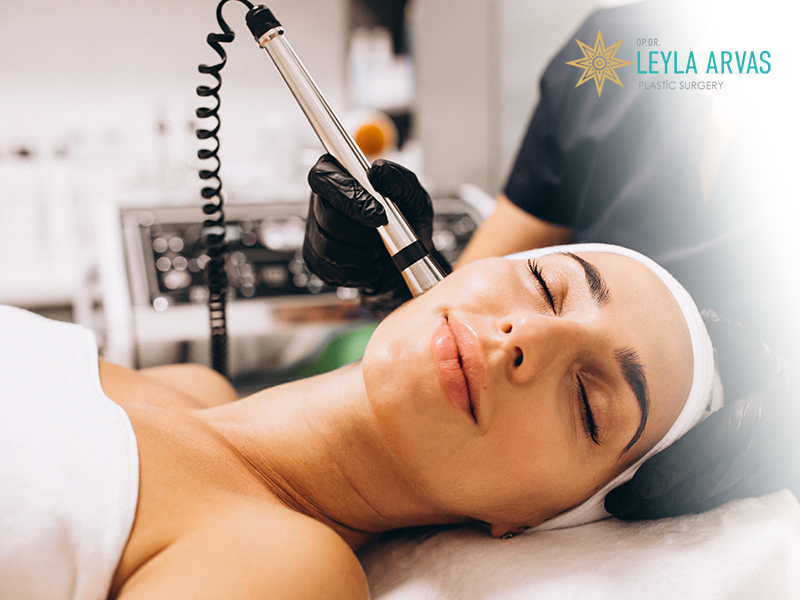
Micro-needling is a treatment method that involves creating small punctures in the skin to trigger the skin’s self-renewal process. In this method, a device equipped with fine needles is applied to the skin, stimulating collagen production. Micro-needling treatment reduces wrinkles, lightens blemishes and scars, and promotes skin rejuvenation.
Laser Treatment
Laser treatment is a method that utilizes intense light energy to enhance collagen production in the skin. Lasers target the deeper layers of the skin, stimulating collagen production and tightening the skin. This treatment method reduces wrinkles, improves skin tone, and achieves a more youthful appearance.
Collagen Stimulation with Radiofrequency Technology (Thermage CPT)
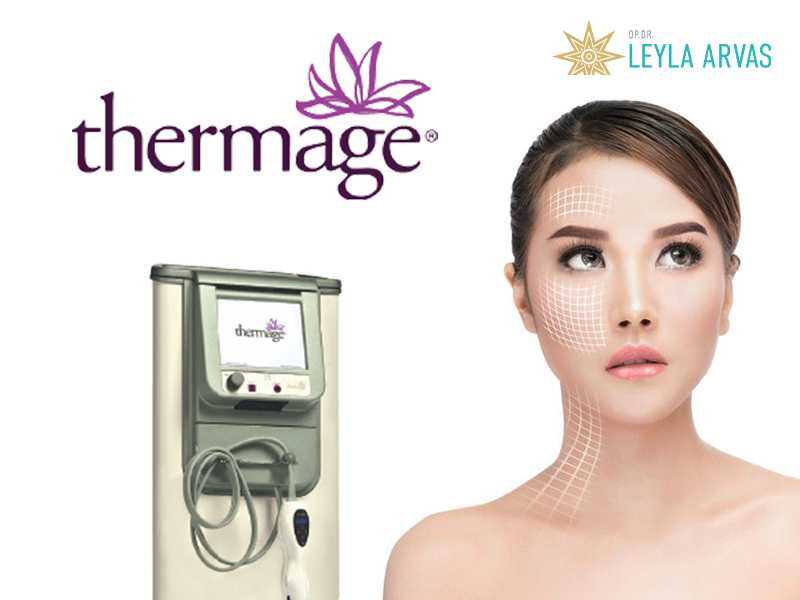
Thermage CPT utilizes radiofrequency energy to stimulate collagen production and tighten the skin. “CPT” (Comfort Pulse Technology) refers to a special technology used during the procedure to enhance comfort. Thermage CPT is considered a minimally invasive treatment method and aims to rejuvenate the skin, improve skin firmness, and reduce wrinkles.
HIFU Technology for Collagen Support
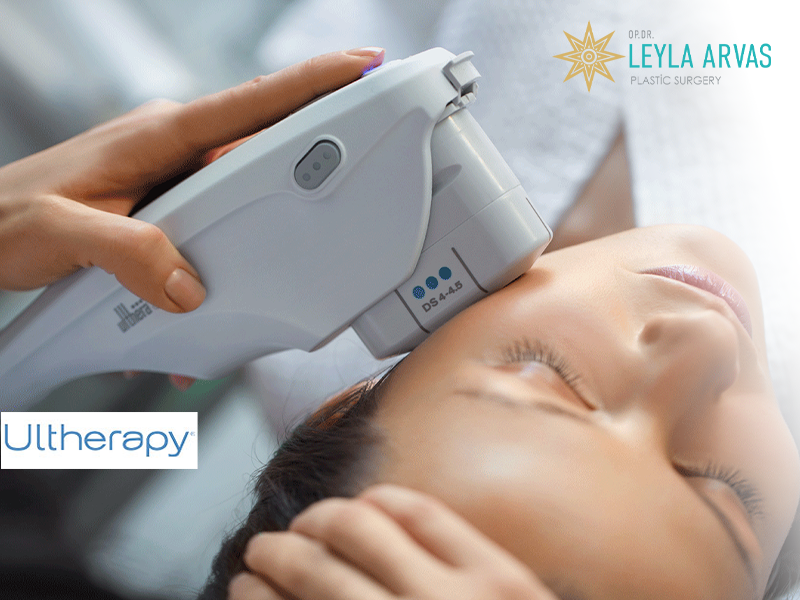
HIFU (High-Intensity Focused Ultrasound) is a treatment method that uses high-intensity focused ultrasound energy to stimulate collagen production and tighten the skin. This technology offers a non-invasive option for skin rejuvenation and tightening, providing effective results. Ultrasound energy is focused on the deeper layers of the skin, generating thermal energy. This thermal energy selectively heats collagen fibers, promoting skin tightening and rejuvenation. The process initiates a natural healing response in the skin, increasing collagen production and supporting skin firmness.
Collagen Injections
Collagen injections are injectable products containing type 1 collagen, used to compensate for collagen loss in the skin. This collagen injection is administered to the skin surface with close intervals, correcting sagging, filling wrinkles, and creating a fuller and more youthful appearance.
Collagen Supplements
Collagen supplements are oral supplements used to support skin health. These supplements typically contain hydrolyzed form of collagen protein and enhance collagen production in the skin. Collagen supplements increase skin hydration, reduce wrinkles, and promote a younger and healthier-looking skin.
Frequently Asked Questions (FAQs) About Collagen
Here is a compiled list of frequently asked questions about collagen in the context of skincare and medical aesthetics:
What is collagen and why is it important for skin health?
What are the benefits of collagen for skin rejuvenation? Collagen supplementation or treatments can help improve skin texture, reduce wrinkles and fine lines, increase hydration, and support a more youthful appearance. It can also aid in boosting collagen production in the skin and stimulate natural rejuvenation processes.
How is collagen applied in medical aesthetics?
Collagen can be applied through various methods, including injectables (such as dermal fillers), topical creams, and oral supplements.
Are collagen treatments safe?
When performed by qualified and experienced professionals, collagen treatments are generally considered safe. However, it is important to consult a reliable aesthetician or dermatologist to ensure its suitability for your specific needs and address any potential risks or side effects before undergoing any collagen treatment.
How long does it take to see the results of collagen treatments?
The timeframe for visible results can vary depending on the type of collagen treatment and individual factors. Some patients may notice immediate improvement, while others may require a series of treatments to achieve the best results. Having realistic expectations and following the recommended treatment plan are important for optimal outcomes.
Are there any possible side effects of collagen treatments?
While collagen treatments are generally safe, some individuals may experience temporary side effects at the injection site, such as redness, swelling, or bruising. These effects are usually mild and subside within a few days. Rarely, allergic reactions or infections may occur, emphasizing the importance of seeking professional guidance.
Can collagen treatments be combined with other skincare procedures?
Yes, collagen treatments can often be combined with other skincare procedures such as laser treatments or chemical peels. Combination therapies can provide comprehensive rejuvenation and address multiple concerns simultaneously. However, consulting a qualified professional is crucial to determine the best combination for your unique skincare needs.
How long do the effects of collagen treatments last?
The longevity of collagen treatments depends on the specific treatment and individual factors. Some treatments offer results that last for several months, while others may provide longer-lasting effects. Maintenance treatments are often recommended to sustain and optimize results over time.
Who is an ideal candidate for collagen treatments?
Collagen treatments are suitable for individuals who want to improve skin texture, reduce wrinkles, increase firmness, or address specific skin concerns. However, the suitability of collagen treatments for a person depends on various factors such as overall health, skin condition, and specific goals.
Are there any lifestyle or skincare recommendations to support collagen production?
Maintaining a healthy lifestyle and adhering to a proper skincare routine can support collagen production and skin health. This includes protecting the skin from excessive sun exposure, staying hydrated, following a balanced diet rich in antioxidants and nutrients, avoiding smoking, and using skincare products that promote collagen synthesis.
